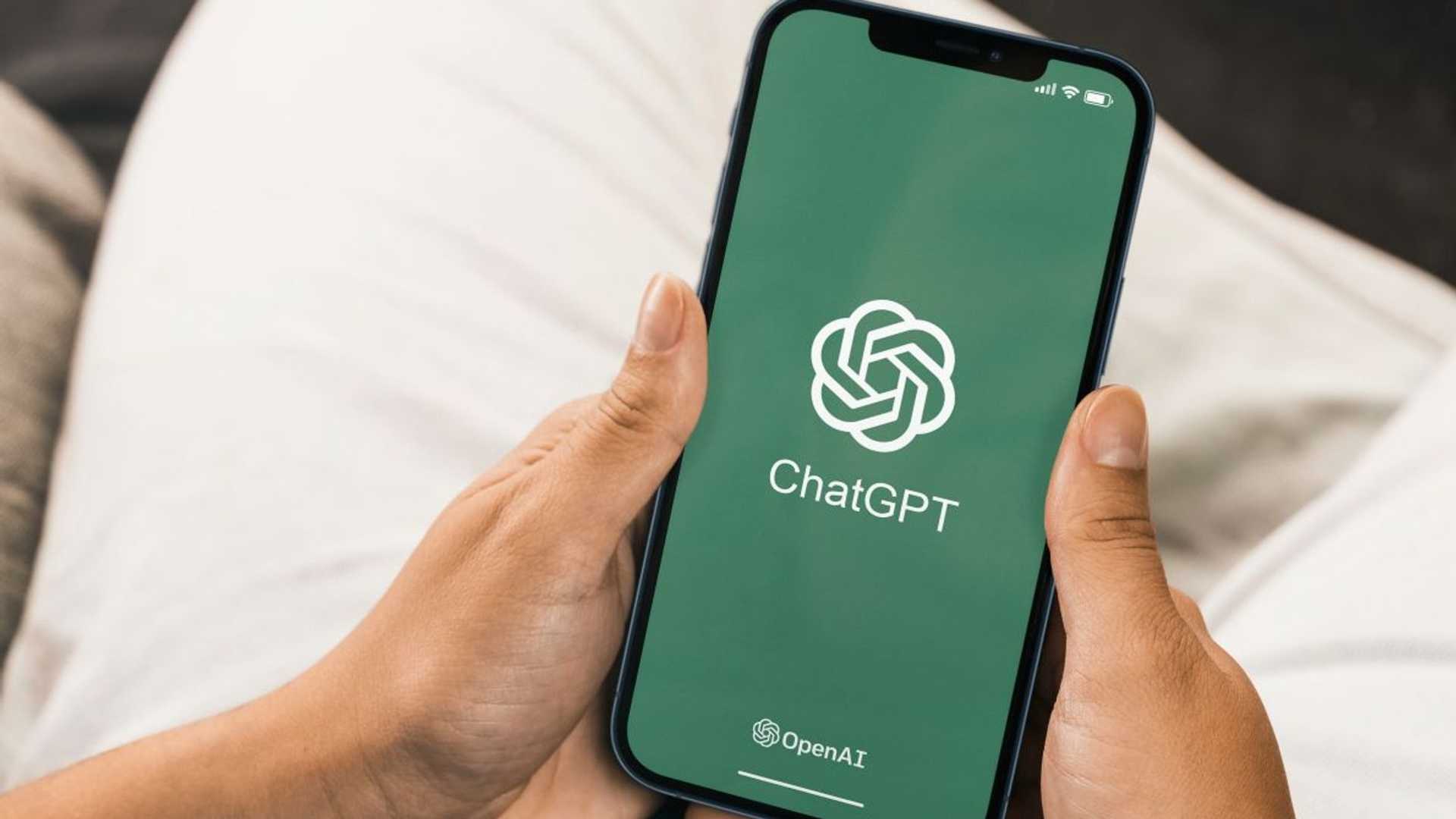ChatGPT may be obliged to show its sources thanks to new AI regulations
The European Union is drafting new regulations governing the rollout of AI, and one of the recent rules written into the document is that makers of AI tools will be required to disclose any copyrighted material they have used to build it. This could mean that ChatGPT, along with other large language models such as Google Bard, will have to reveal their sources.
During testing, one of the first things that became apparent was that sources and citations used by the AI chatbot weren’t often revealed unless prompted. This lack of transparency has been a cause for concern within the AI industry, and it has attracted criticism from publishing companies and creative professionals who believe that it is both important to provide accurate information and necessary to give credit to those that created it.
Last November, OpenAI (the creator of ChatGPT) was hit with a class-action lawsuit from two anonymous plaintiffs claiming it improperly monetized open-source code from GitHub to train the system. The proposed regulations requiring AI tools to disclose their sources could be a response to such criticism.
The EU plans to use its AI policy to establish new global norms to ensure that AI can be trusted. Much like its GDPR law has become a benchmark for privacy rules, the EU hopes that the regulations they put in place will serve as a blueprint for AI policy in other parts of the world.
It is not yet clear how the new regulations will impact AI development, nor how they will be implemented. The bill has not been finalized, as the various EU member states must first agree for it to be passed. However, the EU aims to have a final version confirmed and passed later this year.




















